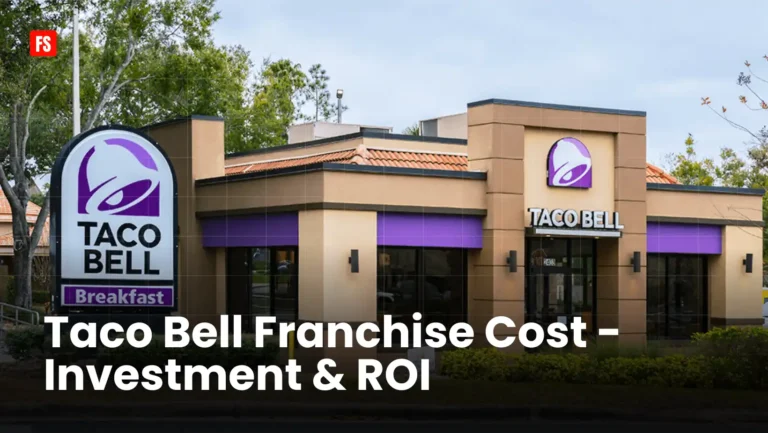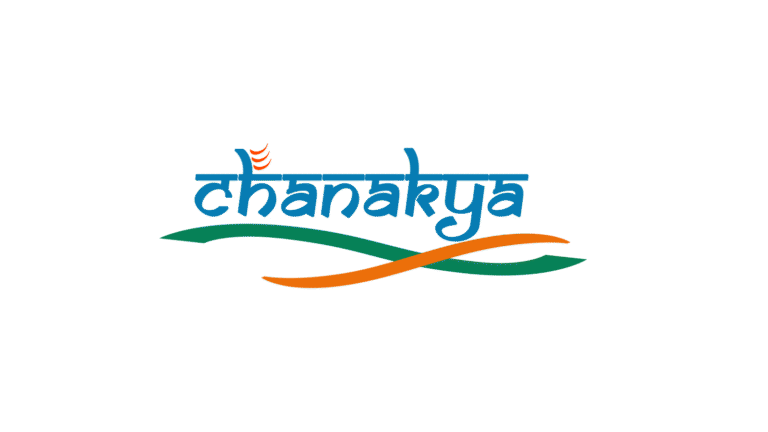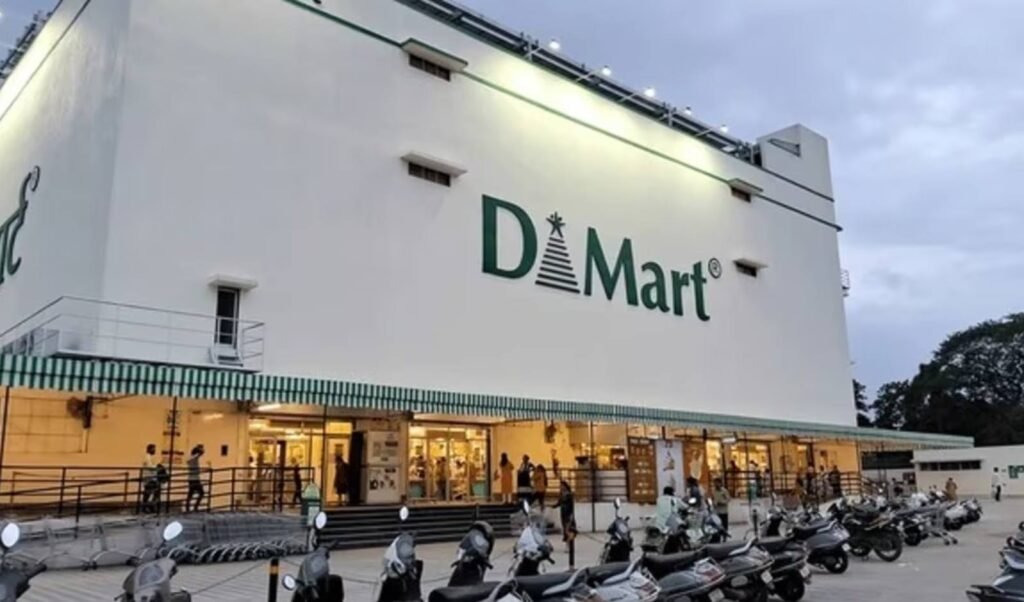
Introduction
DMart, which is a very successful retail chain in India known for its affordable prices and large range of daily-use products. Founded by Radhakishan Damani in 2002 under the name of Avenue Supermarts Limited, over the years, DMart has built a strong image, which puts out quality products at reduced prices. In India, many aspiring entrepreneurs and investors are planning to open a DMart store in their area. What is not publicized as a typical franchise model is how DMart does what it does. Before jumping into opening your own store, it is important to understand how DMart grows, what is required of you, and what the costs are.
Does DMart Offer Franchises?

First off, it is important to note that DMart does not have traditional franchise models. Different from players like Reliance Smart or Spencer’s, DMart has a company-owned and operated (COCO) model, which they also run. All DMart stores are run and owned by the company.
The company is very much into full-scale control of price, quality, and customer experience. Their business model is that of uniformity, which in turn helps DMart to maintain its image of being affordable and reliable. Also, if you are interested in “opening a DMart franchise,” you will not be able to do so.
However, at present, entrepreneurs have indirect relationships with DMart; for instance, they may lease property or become a supplier.
How do you get involved with DMart?
While DMart may not dabble in franchise models at present, it does partner with other entities in many other ways. We see two primary methods of association, which are:.
Leasing Property to DMart
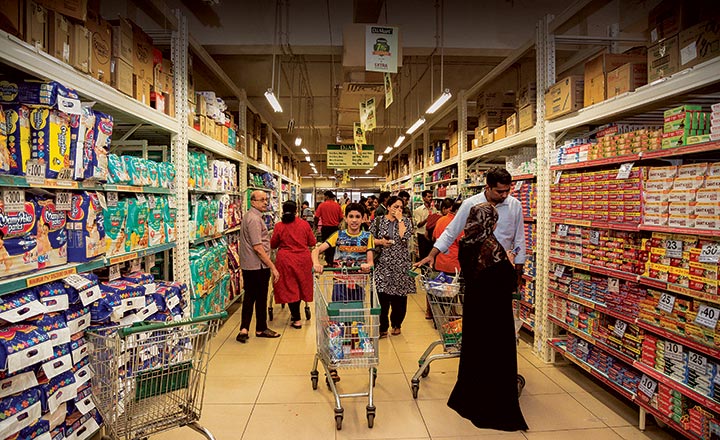
DMart is out to find large, well-located properties in cities and towns across India. If you own commercial land or a building in a good location, you can lease your property to DMart.
The company is after spaces which range from 25,000 to 50,000 square feet, mostly. They go for properties that are on main roads or near residential areas. We also see they have sufficient parking and easy access. Upon approval, DMart enters into a long-term lease agreement and develops the store at its own cost.
This is what we see as the best way to tie in with DMart, which is a very stable and long-term rental they offer.
Became a Vendor or Supplier.
Another means of connecting with DMart is through becoming a vendor or supplier. DMart sources products from which we also get our supply of groceries, packaged foods, personal care items, and household goods. If you are a producer or distributor of quality products, you can apply to become a DMart supplier.
To be included, we at DMart must approve that your business is up to our quality mark; we also look at your packaging and supply chain practices. If you are selected, you may supply your products to any of our stores, which are present all over the country.
Requirements to Partner With DMart
- If to lease out property or to become a vendor.
- For Property Owners: For Property Owners:.
- Minimum space requirement of 25,000 sq. ft., which is to be used as a base and for growth.
- Location in heavy residential areas or on primary roads.
- Property titles are free of dispute.
- Parking and delivery areas.
- For Vendors/Suppliers: For Providers//vendors:.
- Valid business registration and GST number. Also includes: business license, tax number.
- Uniform product quality and packaging standards.
- Ability to supply in large quantities.
- Aggressive pricing and prompt delivery.
Cost and Investment
Since we do not franchise out to other companies, DMart does not charge a franchise fee or investment for opening a store. Should you lease to DMart, the company will cover all of the operational and setup costs. Also, if you become a vendor in the DMart system, you only put in what is required of your production or supply capabilities.
For example, if you go into the private retail space with your own brand, it will cost you in the range of 5 to 20 million Indian Rupees, which in turn depends on the size of the store and its location. But with DMart, what we see is property owners get a steady rental income at low risk, at the same time, for suppliers, it is a chance to enter into long-term agreements and to get exposed.
Conclusion
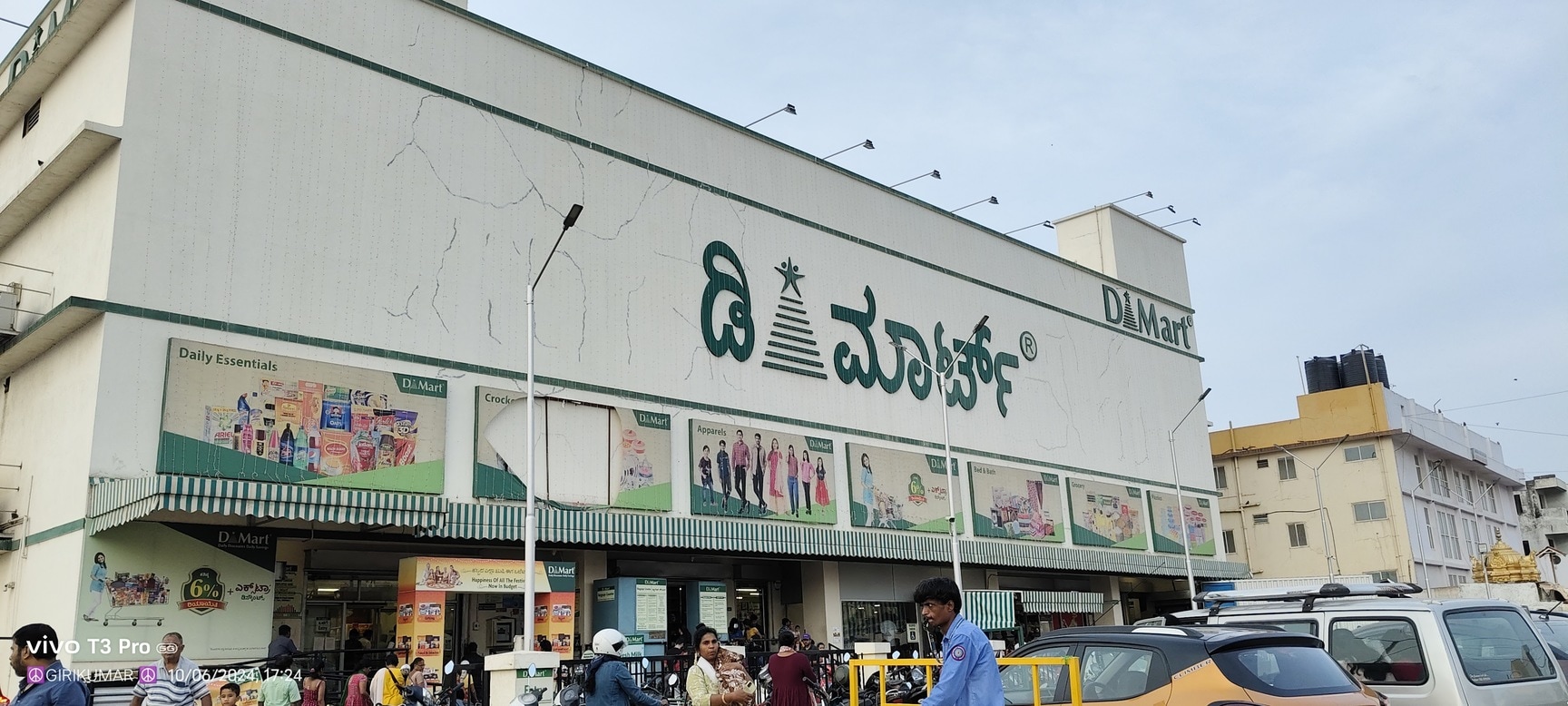
DMart may not have a franchise structure at present, but there are very profitable ways for individuals and businesses to associate with it. We see lease agreements and the process of becoming a vendor as the best way to partner with this very trusted retail player. By knowing in and out of DMart’s requirements, being open in communication, and adding value, you can develop a very strong professional relationship with one of India’s most respected supermarket chains.
DMart also reports that they are doing great with our franchise model, which in turn is a great option for those looking for stability and success in India’s retail sector.
